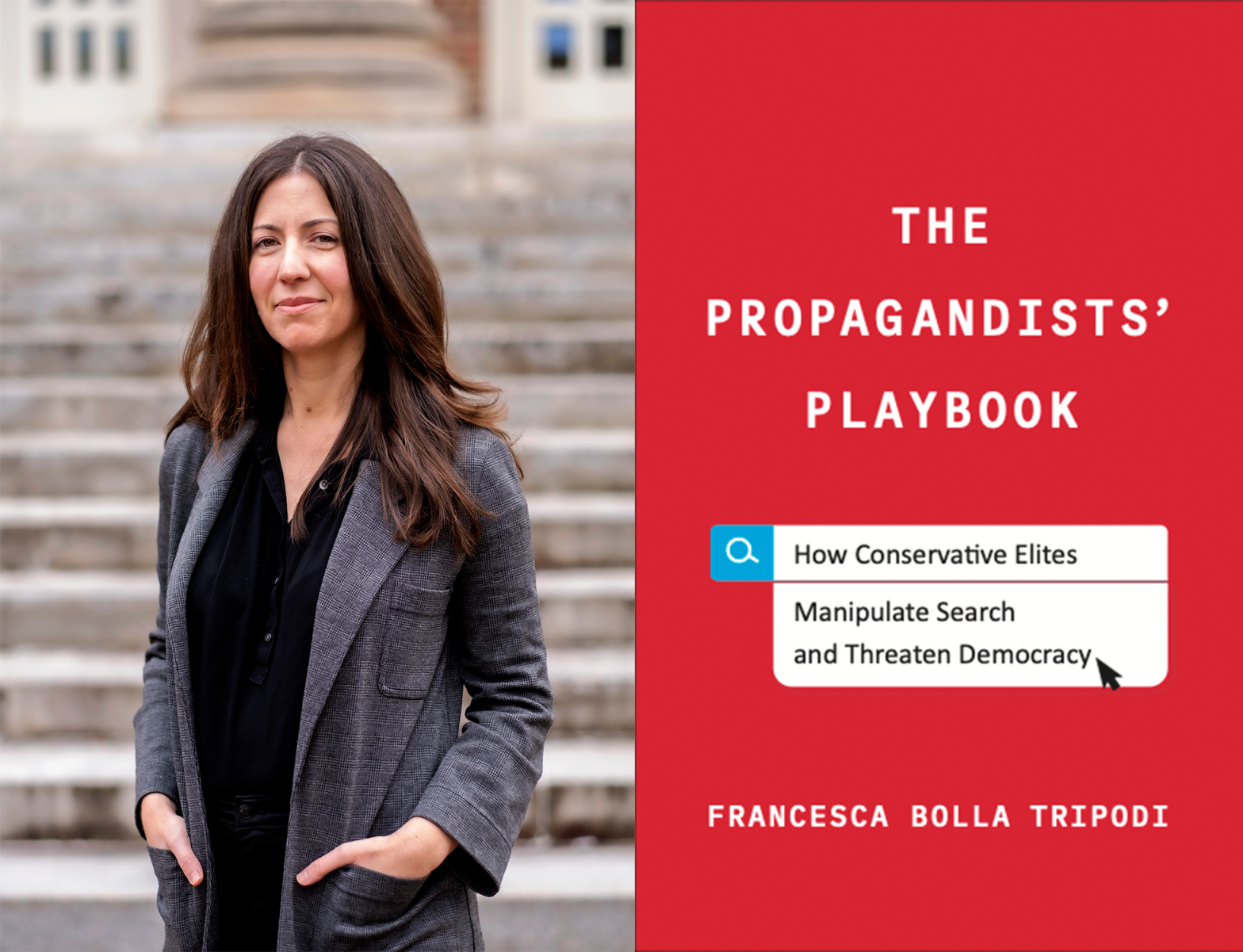Mixed realities that combine digital and real experiences are now becoming a true reality. These experiences are being delivered over smartphones as well as increasingly accessible and practical head mounted displays. This ubiquity of devices is in turn making mixed reality the next digital frontier in entertainment, education and the workplace. But what do we know about where these technologies have value? Where do they add to the learning experience? And what theories and evidence can we generate and build upon to provide a foundation for using these technologies productively for learning?
We have been working on mixed realities in education for over a decade and have started to learn about where, when and for whom they can add value. Part of this understanding stems from differentiating the wide variety of mixed realities and focusing on affordances. Landscape based augmented realities, popularized by Pokemon Go, have fundamentally different affordances than smartphone based virtual realities like Google Cardboard, which in turn are different than immersive experiences delivered by headsets like the Oculus Rift and HTC Vive. The core of our work has been doing research and development to identify these affordances that match with key learning challenges, particular in Science, Technology, Engineering and Mathematics (STEM). In this talk, Eric Klopfer draws upon work in location-based augmented reality games, as well as work in virtual reality. In the realm of augmented reality, he discusses a long series of design experiments through which we have learned about where these technologies play an important role in learning, primarily around socio-scientific issues. In the space of virtual reality our newest designs and experiments focus on the concept of scale, and how we can use virtual realities to teach about STEM systems at radically different scales. This talk provides a history and overview of these experiences, including iterations of design research experiments.
Eric Klopfer is Professor and Director of the Scheller Teacher Education Program and The Education Arcade at MIT. Klopfer’s research focuses on the development and use of computer games and simulations for building understanding of science, technology, engineering and mathematics.
Produced by Vicky Zeamer, ’18. Music by Andrew Whitacre.





